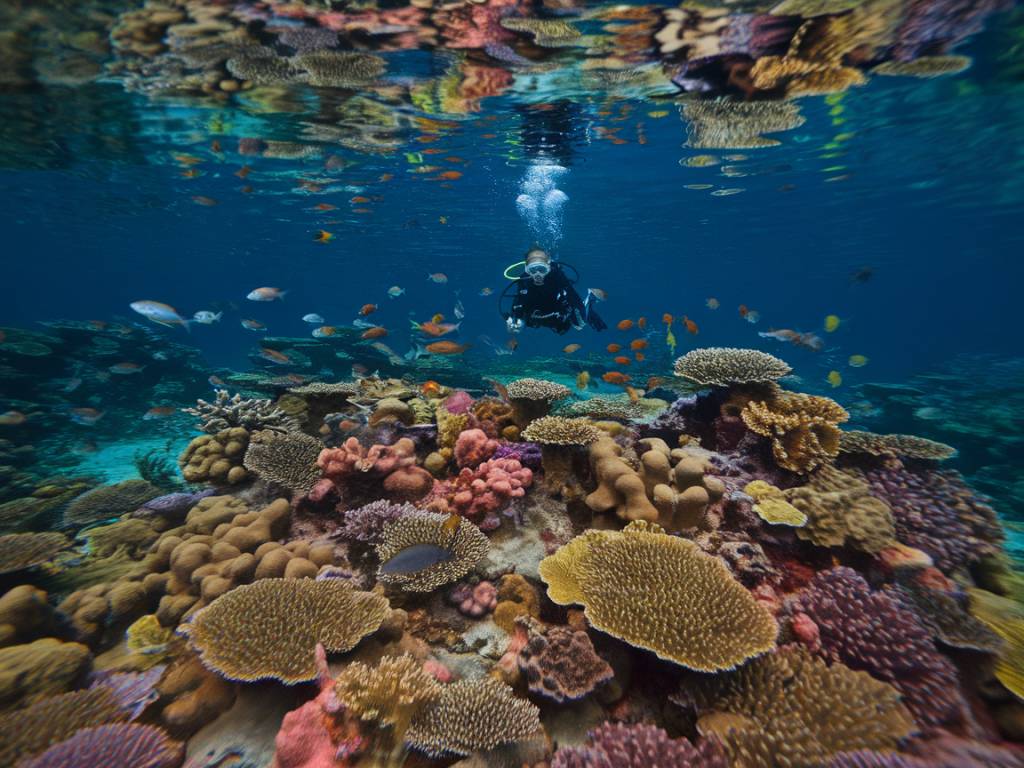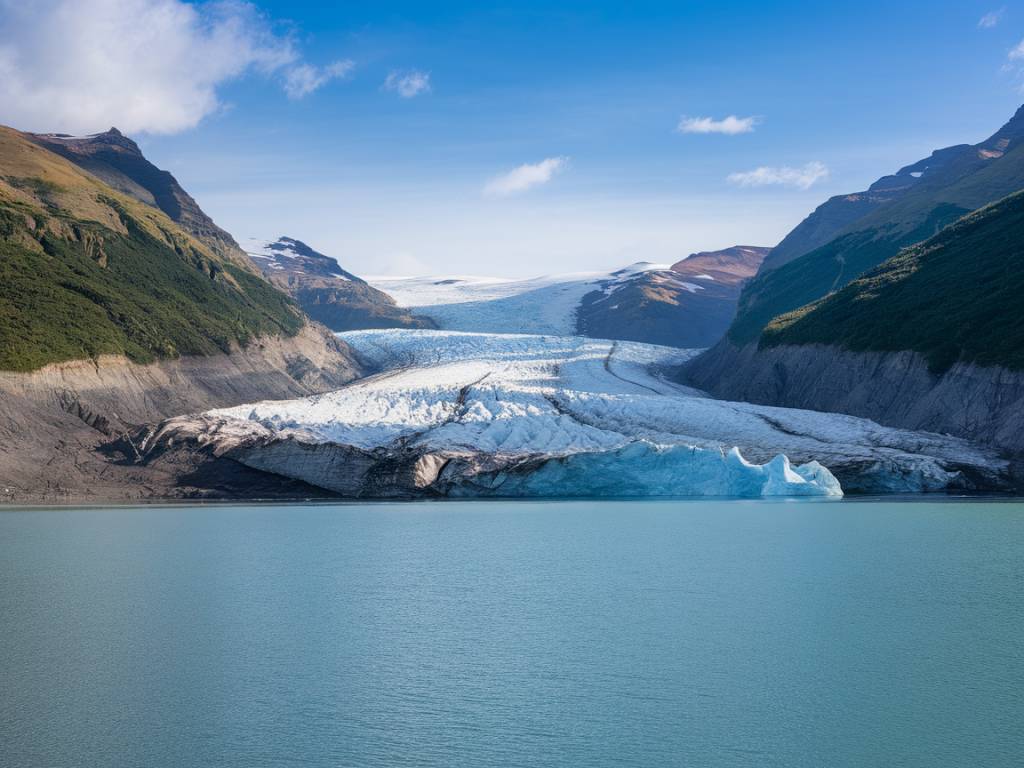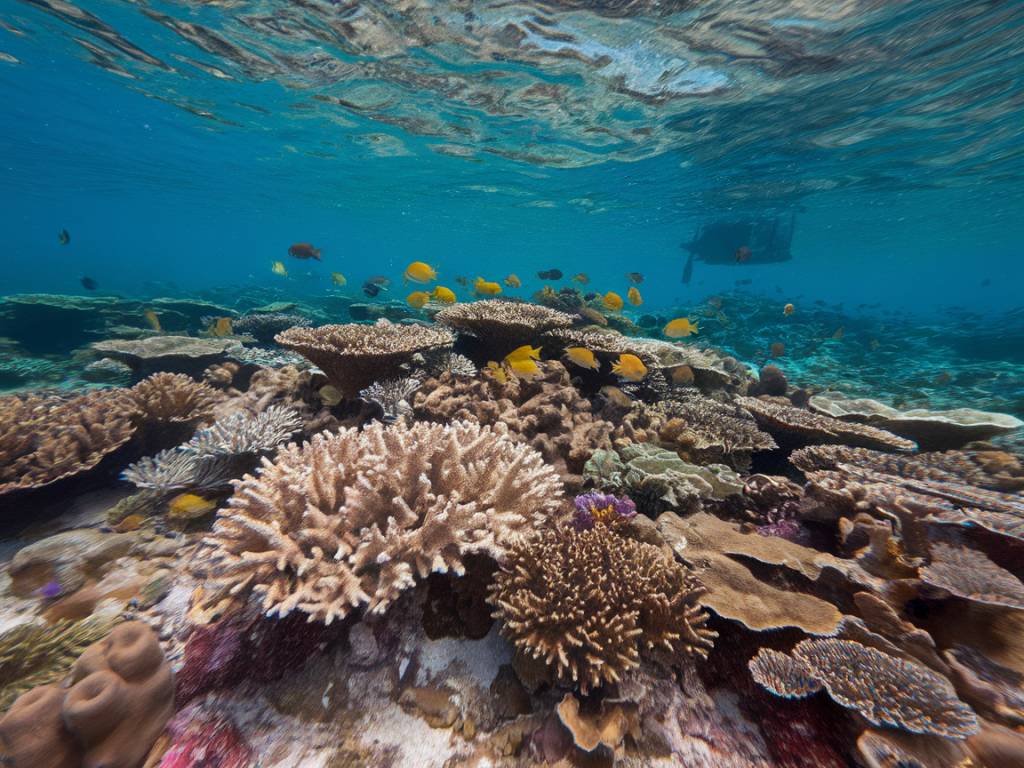Coral reefs, often referred to as the « rainforests of the sea, » are both breathtakingly beautiful and ecologically vital. Serving as a habitat for thousands of marine species, they play a crucial role in maintaining the balance of marine ecosystems. However, these vibrant underwater cities are facing unprecedented threats, particularly from rising ocean temperatures caused by climate change. But all is not lost. Innovative approaches and active involvement can lead to the restoration of these underwater treasures, even in our warming oceans.
Understanding the Challenges: Warming Waters and Coral Bleaching
Before delving into potential solutions, it’s essential to understand the magnitude of the problem. Coral bleaching is a phenomenon that occurs when corals, stressed by warmer water temperatures, expel the symbiotic algae living in their tissues. These algae provide corals with food and their brilliant colors. Without them, corals turn white and, if conditions persist, may eventually die.
Over recent decades, occurrences of coral bleaching have increased both in frequency and intensity. The Great Barrier Reef, for example, has experienced multiple mass bleaching events, resulting in significant coral mortality. As these corals die, so too does the rich biodiversity they support.
Local Solutions: Reducing Nearby Stressors
One immediate way to aid coral recovery is by minimizing local stresses. These include controlling overfishing, reducing pollution from land-based sources, and managing coastal development. When corals aren’t battling additional stressors like poor water quality or sedimentation, they are better equipped to withstand and recover from thermal stress.
Marine Protected Areas (MPAs) have shown success in enhancing coral resilience. By restricting potentially harmful activities, MPAs encourage the recovery of fish populations and other marine organisms vital for coral ecosystems.
Technological Innovations: Assisted Evolution and Coral Gardening
Scientists and ecologists are pioneering groundbreaking techniques to give corals a fighting chance. « Assisted evolution » involves accelerating the natural selection process, helping corals adapt to thermal stress more quickly. This method may include breeding corals that show higher resilience to warmer waters or promoting specific algae that can withstand higher temperatures.
Another promising strategy is coral gardening, which involves cultivating corals in nurseries and replanting them onto damaged reefs. This technique has had notable success stories, such as in the Maldives and the Caribbean, where restored coral areas have shown encouraging growth and resilience.
Innovative Approaches: Shading and Cooling Interventions
To combat the immediate impacts of warming waters, researchers are exploring shading techniques. By deploying floating structures over vulnerable reef areas, sunlight exposure—and hence water temperature—can be reduced, giving stressed corals a respite. Similarly, localized cooling interventions, such as using fans or cooling devices, have been tested to encourage coral survival during particularly intense heatwaves.
While these methods are in the experimental phase, they could offer temporary relief for reefs facing immediate temperature spikes.
Community Involvement: The Heart of Reef Restoration
No restoration effort can be successful without the involvement of local communities. Engaging coastal residents, divers, and fishermen in coral restoration activities not only enhances the outcomes but also fosters a deeper connection to marine conservation.
For instance, in places like the Philippines and Indonesia, community-led reef restoration projects empower locals with the knowledge and tools needed to restore and maintain healthy reefs. This sense of ownership often results in more sustainable and lasting conservation efforts.
Global Action: Tackling Climate Change
While local actions and innovations provide pathways to aid coral reefs, tackling the root cause—global warming—remains imperative. Transitioning to renewable energy sources, reducing greenhouse gas emissions, and engaging in international cooperation are non-negotiable steps needed to ensure long-term coral survival.
Climate change negotiations and agreements, such as the Paris Agreement, highlight the necessity of global action, aimed at minimizing temperature rises that directly threaten coral reefs worldwide.
Hope on the Horizon: A Collaborative Future
Despite the daunting challenges, hope remains on the horizon. The combined efforts of scientists, communities, innovators, and policymakers can chart a course towards the restoration and preservation of coral reefs. The journey requires persistence, adaptability, and a shared commitment to our planet’s blue heart.
In the face of a warming ocean, coral reefs remind us of nature’s resilience and our own capacity to innovate and care. Perhaps the real question is not « Can we save the reefs? » but « How can each of us contribute to their survival? »




